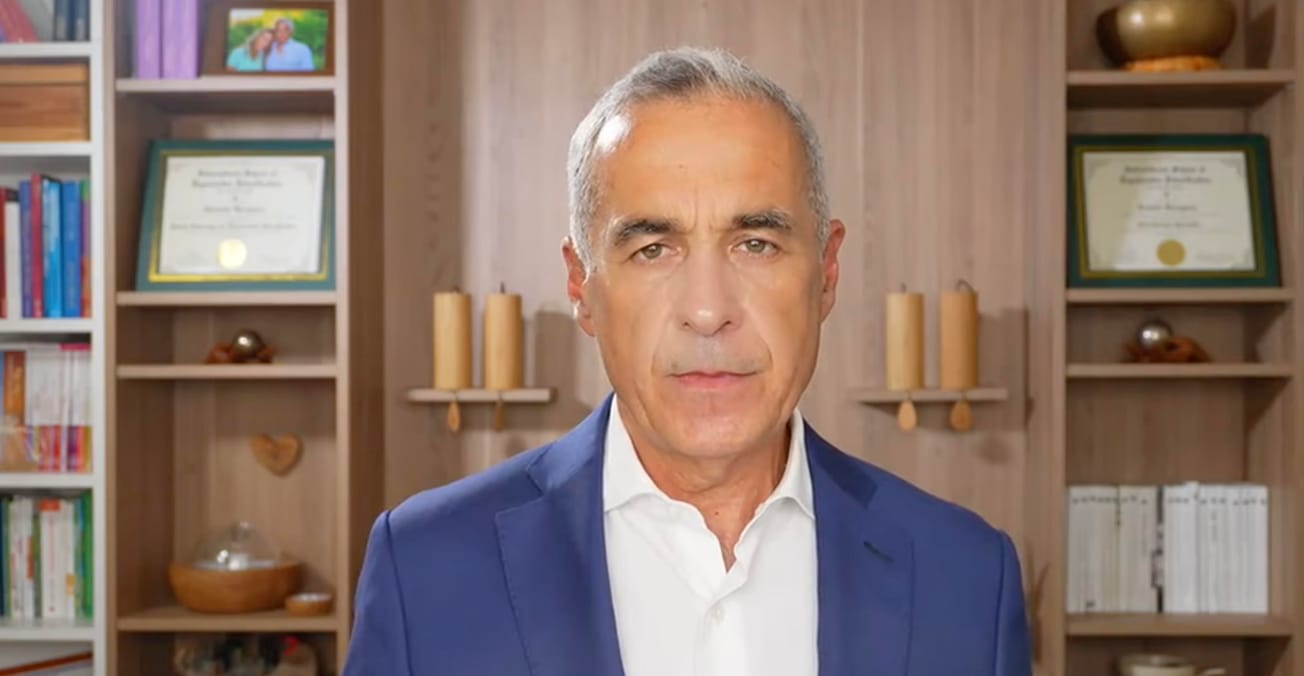Many questions remain open, after a speech German Chancellor Olaf Scholz gave at the Berlin Security Conference Nov. 30, in which he declared that peace in Europe depends on the revival of post-Cold War security agreements with Russia, but ruled out a return to the “partnership” of the past. “We have to go back to the agreements which we had in the last decades and which were the basis for peace and security order in Europe,” Scholz said, adding there was a “willingness” in Berlin to discuss arms control and missile deployment treaties with Moscow, but that building this “peace order” would depend on Russia making some significant concessions.
Chief among these would be an acceptance that “there is no aggression coming from NATO.” Moscow has argued since the 1990s that the Eastward expansion of NATO threatens Russia’s security, and that Ukraine’s membership in the alliance—which Kiev insists will happen and NATO has not ruled out—presents an existential threat to the Russian state. Scholz also declared that Germany will “support Ukraine for as long as it takes,” a phrase that U.S., EU, and NATO leaders have repeatedly used when referring to their multibillion-dollar arms shipments to Kiev.
The Chancellor stressed that Germany will likely never return to the “strong partnership” it enjoyed with Russia before the NATO conflict against Russia run out of Ukraine. This partnership—in which German industry achieved Europe-wide dominance with the help of inexpensive Russian gas—was undermined by Berlin’s backing of the EU’s anti-Russian sanctions regime, and then by the destruction of the Nord Stream pipelines, which precludes an easy return to the February 2022 status quo.



